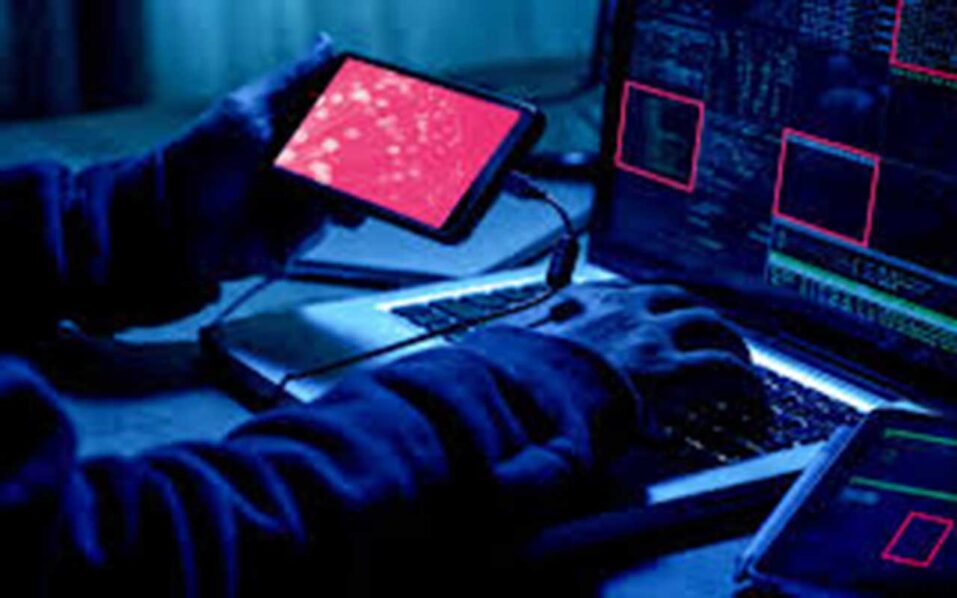
Hackers have intensified attacks on educational institutions for ransom. The ‘State of Ransomware in Education 2024’ report, released, yesterday, by cyber security firm, Sophos, put the median ransom payment at $6.6 million for lower education and $4.4 million for higher education organisations.
In addition, the survey stated that 55 per cent of lower education respondents and 67 per cent of higher education respondents paid more than the initial demand.
Ransomware attacks are causing more of a strain as only 30 per cent of ransomware victims surveyed in both lower and higher education were able to fully recover in a week or less, down from last year’s 33 per cent (lower education) and 40 per cent (higher education).
Sophos, which disclosed that respondents were based in 14 countries across the Americas, EMEA, and Asia Pacific, noted that the slowing recovery rate was likely due to education organisations operating with limited teams and resources, making it harder for them to coordinate recovery efforts.
Director, Field CTO, Sophos, Chester Wisniewski, said: “Unfortunately, schools, universities and other educational institutions are targets that are beholden to municipalities, communities and the students themselves, which inherently creates high-pressure situations if they are hit and destabilised by ransomware. Educational institutions feel a sense of responsibility to remain open and continue providing their services to their communities. These two factors could be contributing to why victims feel so much pressure to pay.
“We also know that ransomware attackers have upped the ante when it comes to getting paid. Compromising their victims’ backups is now a mainstream element of ransomware attacks, allowing adversaries to subsequently increase the ransom demand when it is clear that the data cannot be recovered without the decryption key.”
The report noted that 95 per cent of respondents said that cybercriminals tried to compromise their backups during the attack, with 71 per cent being successful – the second-highest backup compromise rate across all industry sectors. Having backups compromised also considerably increases recovery costs, with the total bill coming in five times higher in lower education and four times higher in higher education.
Sophos noted that despite difficult dealings with ransomware, the overall attack rate dropped over the last year. It noted that 63 per cent of lower education organisations and 66 per cent of higher education organisations were hit by ransomware attacks – down from 80 per cent and 79 per cent, respectively.
Hackers intensify attacks on educational institutions for ransom, says report

Hacker
Hacker





